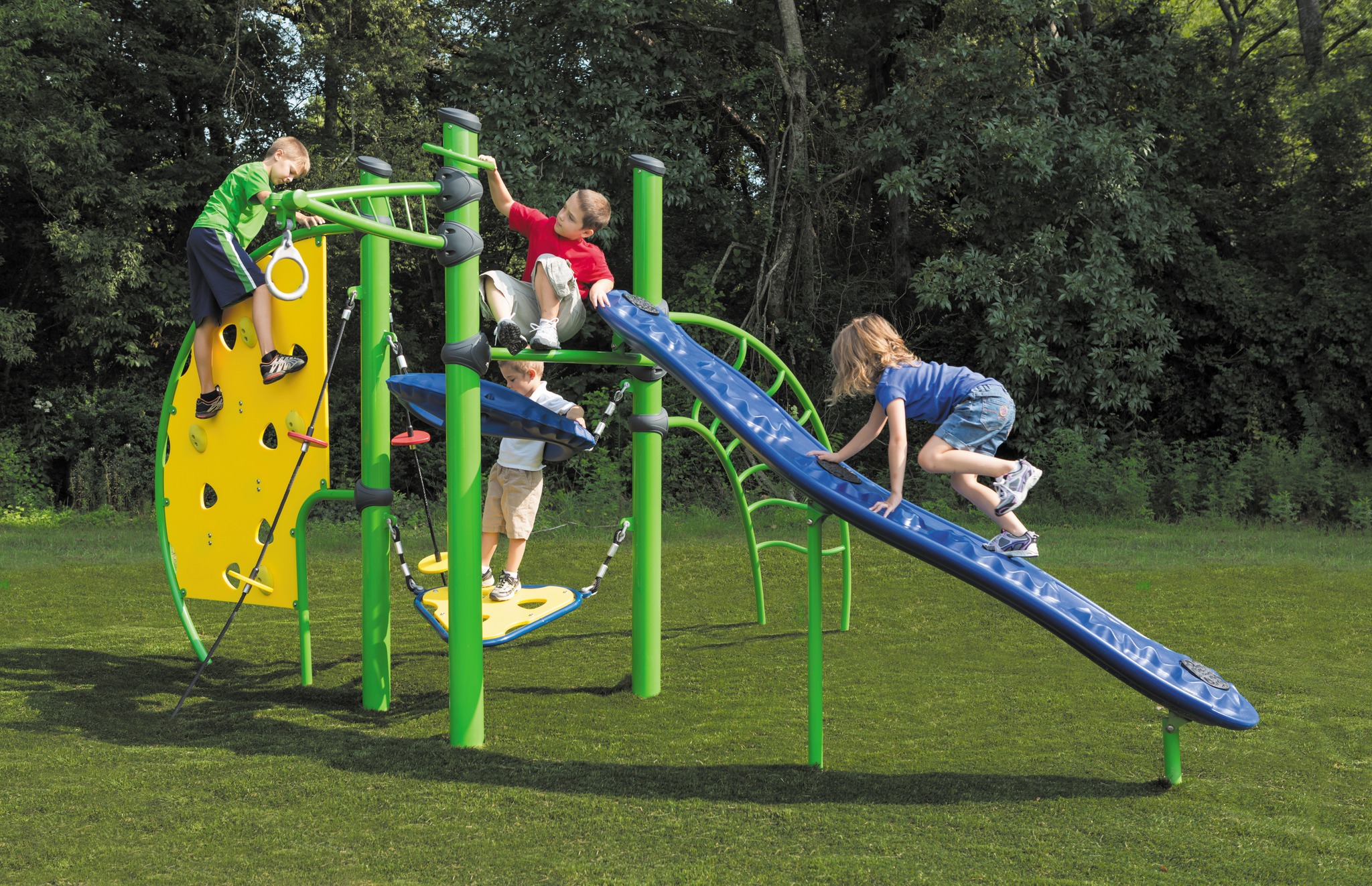Each child is a different universe: their way of expressing themselves and showing their emotions; some are more introverted, others more adventurous, and some calmer or more talkative; each one has a different way of learning and communicating, as well as reacting to certain situations that they may not like or the impulses they may have due to conditions that excite or annoy you. Teaching children self-control is essential, and playgrounds can teach children self-control. Next, it will be explained how they help with this task.
Executive Intelligence
Self-control is part of the intellectual capacities known as executive intelligence, allowing people to define goals, establish plans, execute them and assess the results. The functions related to solving problems under established rules and taking emotional control when necessary are some of the most complex that the brain performs and are forged mainly in adolescence. Still, in childhood, the foundations for self-control are established through responsibilities and learning from the decisions made.
The playground is a trigger for emotions
Playgrounds arouse many emotions in children, since being a center of entertainment and fun, with many elements, colors, and sounds; even with other people, they can overstimulate children, being able, in most cases, to arouse positive emotions such as joy or happiness. Still, in some cases, they may feel fear, for example, of heights, or perhaps anger, frustration, or sadness at not being able to get on a piece of equipment or leaving the playground.
How the playground helps
Play is the best learning method for children, and the management of emotions is not exempt from this. The brain must connect its emotional part with the rational part to satisfy needs successfully since the ability to self-control helps prevent behavioral disorders or attention deficit disorders, both of which are the result of a low capacity for control, which does not allow control anger, concentration, or frustration.
By having to share the games with other children, they must learn to take turns, to respect the space of others as well as their opinions and wishes, since one cannot force another to get on a team that they do not want or play something you don’t want to. This can cause frustration in children, and they must learn to bear it and understand that there is a need, in this case, to play something specific, which can be calmed down quickly but not urgently.
The role of the parents
This sense of urgency must gradually learn to control itself, so it is also essential for the participation of parents by making the child understand that a tantrum will not cause the team to vacate more quickly; for example, teaching respect for others, having limits, and respecting the rules. Communication is essential for the child to understand what actions are correct, that can obtain not everything immediately, and how she should effectively express their emotions.
What do you think about this topic? Do you think that playgrounds really help children’s self-control?
If you want to know more about playgrounds, you can contact us or write your question below (comments section).
